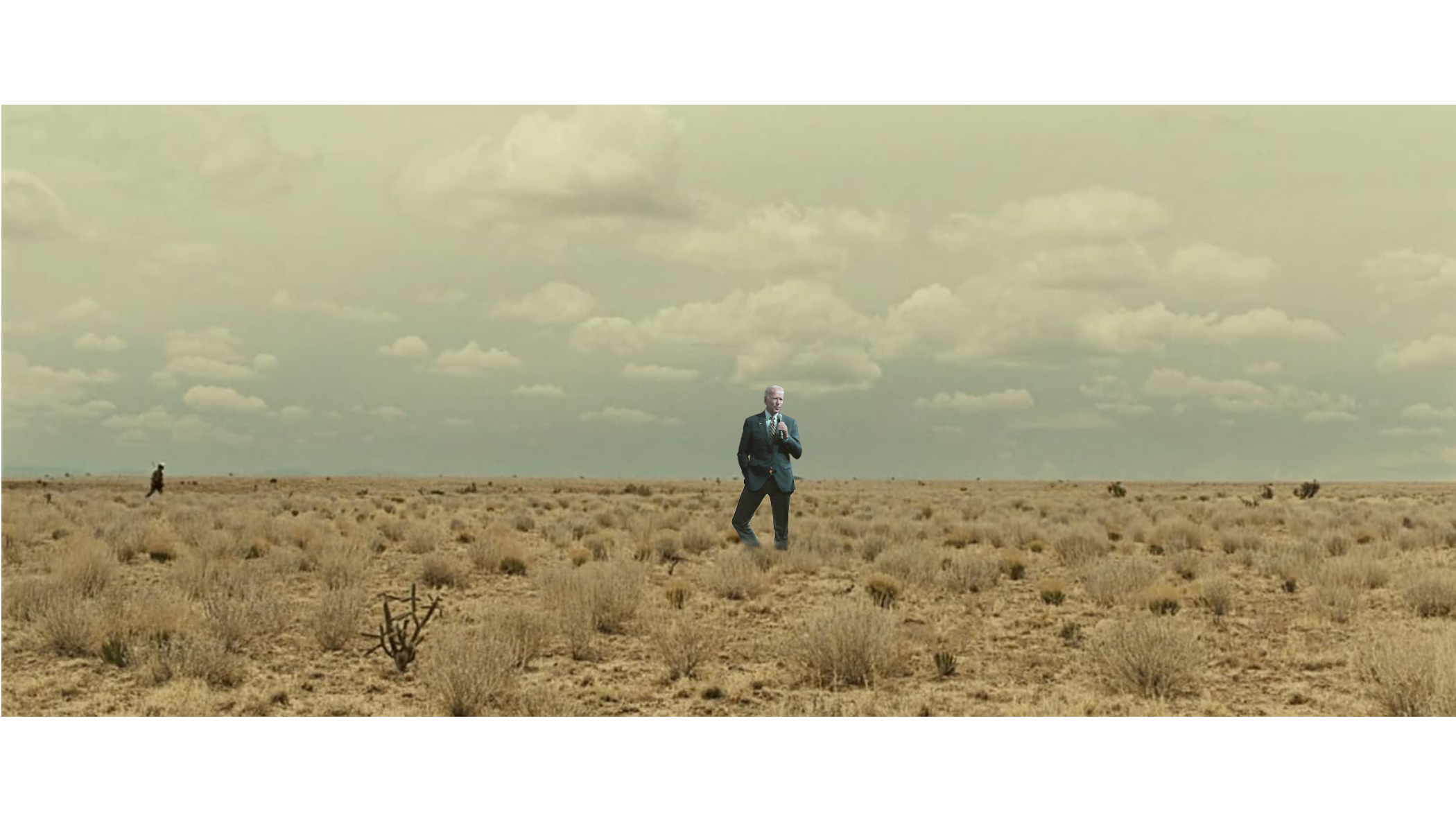Victory for either Joe Biden or Donald Trump in 2024 will break the record for the oldest person elected to the American presidency—for the second election in a row. Indeed, both Biden and Trump are older than the three presidents who preceded them.
Americans’ unease with this fact is apparent: some 77% of voters think Biden is too old to be president, while over half think the same of Trump. Roughly 52% of voters are ‘very concerned’ about Biden’s cognitive health impacting his ability to serve a second term, while 38% say the same about Trump. As a result, younger politicians have been quick to come out against this alleged gerontocracy: Nikki Haley, a candidate for the Republican presidential nomination, has proposed requiring mental-competency tests for politicians over the age of 75, and a Republican congressman has drafted a bill banning over-75s from running for congress or the presidency. Nor is this a concern solely among Republicans—three-quarters of Democrats, according to one poll, support a maximum age limit for the presidency. A Financial Times journalist has gone so far to call the age of American politicians a ‘challenge for democracy’.
But this growing consensus is wrong. Any serious analysis will lead to the conclusion that age and political ability are completely unrelated. Haley should be more aware of this than most: she has made no secret of her admiration for Ronald Reagan, who left the White House at the ripe age of 78—meaning that he would have been forced to complete her proposed mental-competency test.
It is understandable that so many are keen to blame the malaise that afflicts American politics on the age of its leaders. Many would say that America requires radical, innovative solutions— a break with a status quo. But there is little reason to think that youth is a prerequisite for this kind of leadership. Returning to Reagan, who was the oldest person ever elected president at the time of his 1980 victory, he made fresh-faced optimism the very cornerstone of his leadership—being in his eighties did not stop him from delivering change far more innovative and radical than any of his predecessors since at least Franklin D. Roosevelt (for better or worse).
Reagan is far from the only example of the irrelevance of age to political leadership. One of the oldest leaders of a Western democracy was Germany’s Konrad Adenauer, who ended his chancellorship in 1963, when he was 87 years old—and yet there are also few leaders of Western democracies who achieved as much as der Alte (the Old). Almost no one did as much as him to bring Germany from a failed state, ravaged by years of war, whose survival seemed unlikely in the face of both Nazism and communism, to a stalwart of liberal-capitalist prosperity.
Successful political leadership can come from the other end of the age spectrum, too. While America does not yet put any restrictions on how old political officeholders can be, it does impose restrictions on how young they can be: a representative has to be at least 25, a senator 30, and a president 35. This is similarly illogical; history is littered with examples of successful young leaders. In Britain, William Pitt the Younger, who ascended to the premiership at the age of 24, ranked third in a recent survey of the greatest UK prime ministers.
Another concern about elderly politicians is that gerontocracy encourages apathy and disinterest among youth. Certainly, young Americans seem to have little enthusiasm for elderly leaders like President Biden: voters under 29 may have put Biden in the White House, but a spring 2023 poll from Harvard suggests that his approval rating among young voters is even lower than the national average. But proponents of the youth-disaffection argument would do well to remember that the last politician who inspired enormous enthusiasm among young people was Bernie Sanders—hardly a millennial.
Yes, old age usually brings with it cognitive decline, while youth tends to bring inexperience. But studies seeking to answer the question of what skills make a good leader have reached no consensus, managing to arrive only at a long list of largely meaningless, and often contradictory, buzzwords—from emotional stability and honesty to animalistic vanity and contrarianism. Fundamentally, effective leadership is far too complicated to be boiled down to a single attribute or set of attributes.
Indeed, the only thing we can be certain brings good leaders is electoral competition. If America wants to solve its leadership crisis, it will need as much competition for the top political jobs as possible. To restrict access to political office based on a characteristic as arbitrary as age would only accentuate this crisis. The great leaders of the future—just like those of the past—may be old, young, or somewhere in between. Commentators, politicians, and the public at large ought to acknowledge that fact.
This article was originally published in OPR’s Issue 11: Time.
Martin Conmy is a second-year History and Politics student at The Queen’s College, Oxford.

